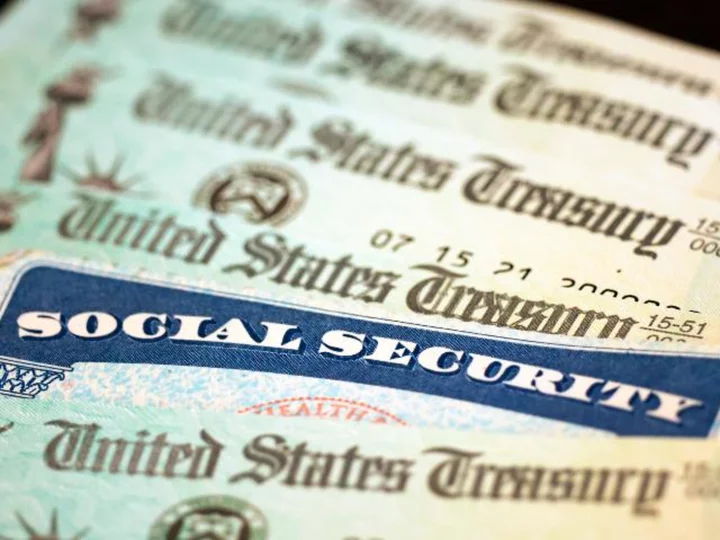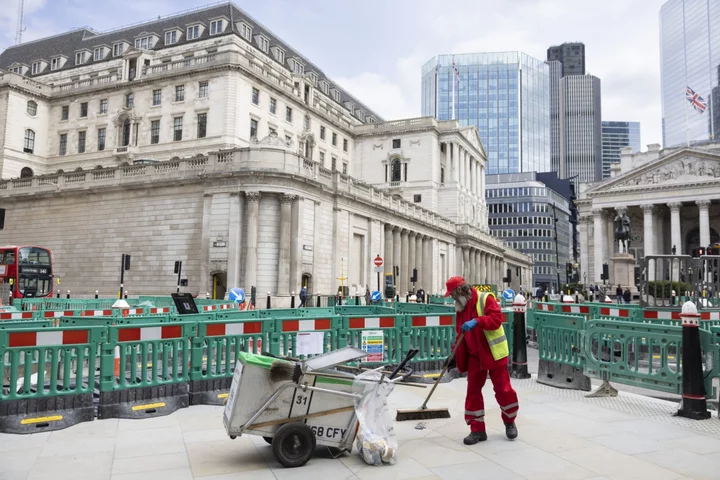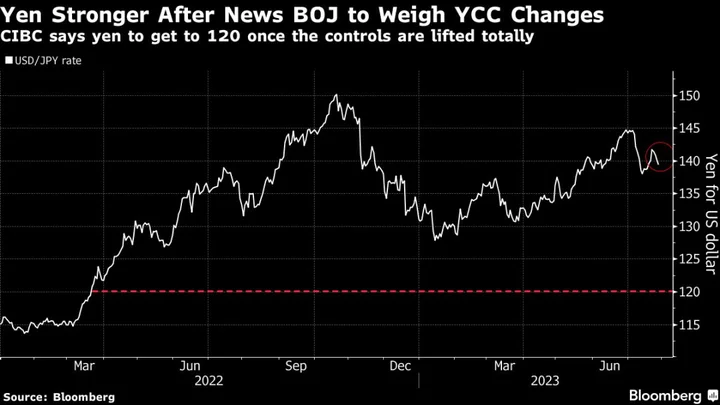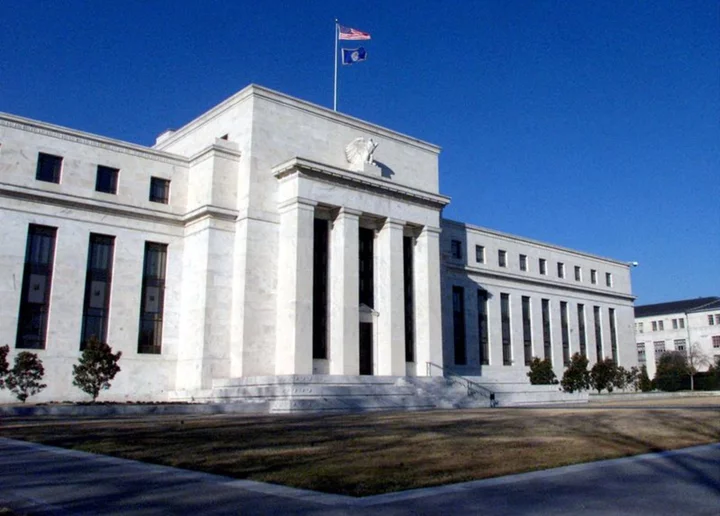If the US is not able to pay all its bills for the first time ever, senior citizens could quickly feel the pain.
Unless President Joe Biden and House Republicans hammer out a deal to address the debt ceiling soon, the Treasury Department may not have enough funds to fully satisfy all of the nation's obligations as soon as June 1.
The first batch of Social Security payments -- roughly $25 billion's worth -- are scheduled to be sent out on June 2. They mainly go to many of the oldest and most vulnerable of the roughly 66 million retirees, disabled workers and others in the entitlement program, those who started receiving their checks before May 1997.
Payments to more recent enrollees are set to go out on June 14, June 21 and June 28, depending on the day of the month one was born. The amounts are also about $25 billion each week.
But if the debt ceiling impasse is not resolved, those benefits could be delayed, along with paychecks to federal workers and the military, payments to Medicare providers, and federal grants to states and municipalities for Medicaid, highways, education and more.
Many senior citizens are already growing worried, especially in the past week or so as the deadline grows closer, advocates say.
Almost two-thirds of beneficiaries rely on Social Security for half of their income, and for 40% of recipients, the payments constitute at least 90% of their income, according to the National Committee to Preserve Social Security and Medicare. The average benefit for retired workers is $1,827 a month in 2023.
Max Richtman, the committee's CEO, has been telling members to try to set aside some money to have a little cushion if their June benefits don't arrive on time. But that's not possible for many recipients.
"A lot of people in Washington are not that in tune with what this could mean," he said. "If you depend on your Social Security for most of your living expenses, you're not going to be able to pay your rent, buy your food, pay your utilities, the basics ... pay out-of-pocket health care costs that may come up."
He has tried to reassure folks that they will receive their full benefits eventually.
Older Americans are more aware of the debt ceiling battle -- and the potential delay in payments -- this time than they were during the last major standoff in 2011, thanks to the internet, said Mary Johnson, Social Security and Medicare policy analyst for The Senior Citizens League. Many are not only concerned about their benefits, but also that a potential stock market drop triggered by a default could decimate their retirement savings.
"I am very, very concerned about what this will do to our financial industry, as well as to our benefits," she said.
It is possible that Social Security beneficiaries could be shielded somewhat from the full impact of the US defaulting on its obligations. Though it's not known exactly how the Treasury Department will handle making payments with the funds it has on hand, the agency may ultimately decide to prioritize Social Security benefits -- though likely after it has paid interest and principal on the nation's debt.
Also, it's possible the Treasury Department could continue making on-time payments because of the entitlement program's trust fund, said Shai Akabas, director of economic policy at the Bipartisan Policy Center.
Since the US takes in less revenue than it needs to pay its bills, Treasury must borrow to cover all its obligations. But since the nation hit its $31.4 trillion debt ceiling, it cannot add to its borrowing until Congress addresses the cap.
When it comes to Social Security, Treasury obtains cash to pay benefits by borrowing from the public. But the payments reduce the balance in the trust fund, which consists of Treasury securities, according to the Congressional Budget Office. Because of that reduction in what's known as "intragovernmental debt," the payments have little net effect on the total amount of debt subject to the limit.









